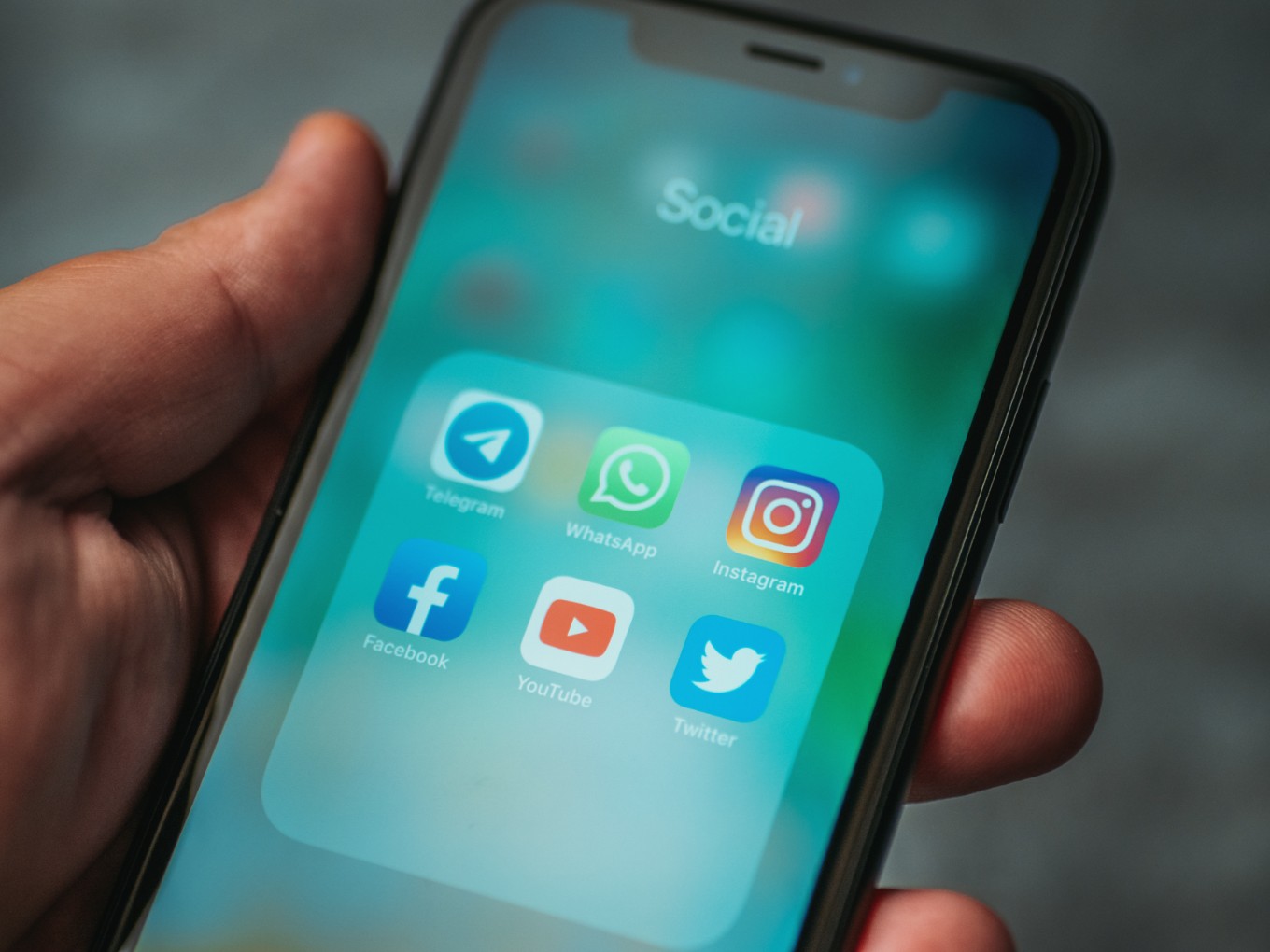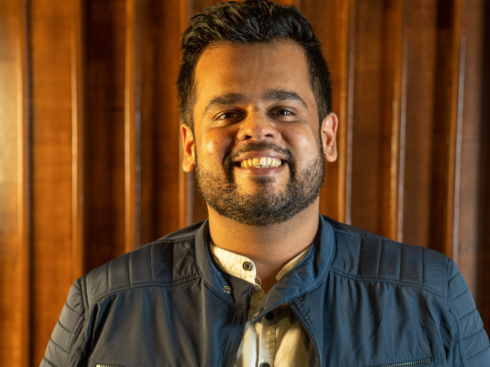
SUMMARY
The social media platforms under scanner include Google, Facebook, Twitter etc
The court ruled against the practice of geo-blocking for offensive content
The government is planning to release social media regulations by next year
In a hearing on Thursday (October 24), the Delhi High Court emphasised that social media platforms are bound to globally disable and block any offending content which has been ordered for removal.
The social media platforms under scanner include Google, Facebook, Twitter, YouTube etc. The Single Judge Bench of Justice Prathiba M Singh ruled against the practice of geo-blocking or partial disabling content based on territory.
The court bench has noted, “If geo-blocking alone is permitted in respect of the entire content, there cannot be any dispute that the offending information would still reside in the global platforms of the defendants, and would be accessible from India, not only through VPN and other means but also by accessing the international websites of these platforms…”
The Delhi High Court held that the interpretation of Section 79 of the Information Technology Act, 2002 leads to the conclusion that the disabling and blocking of access has to be from the computer resource, and such resource includes a computer network, i.e., the whole network and not a mere (geographically) limited network.
The court remarked, “When disabling is done by the platforms on their own, in terms of their policies, the same is global. So, there is no reason as to why court orders ought not to be global.”
The court was hearing a case filed by Baba Ramdev, co-owner of Patanjali, against social media platforms. The case contended that various defamatory remarks based on a book were being disseminated on such platforms.
During the hearing and previous orders, Facebook had argued that a global blocking order would be contrary to the principle of comity of courts and would result in the conflict of laws and the muzzling of dissent.
Google had then said that since the necessary party i.e. the uploader of the offending content had not been impleaded, the suit would be liable to be dismissed. It also argued that the Information Technology Act applied only to the territory of India and defamation was not one of the offences contemplated under Sections 43, 43A, 66A, 66B, 66 66E and Section 66F of the Act.
Twitter said that grant of a global injunction would have a regressive effect. The global standard to protect free speech could be very low in various jurisdictions and Indian courts, which have a higher standard for free speech, should not impose its standards internationally, it was argued.
The court clarified that the removal and disablement were intricately connected to the information that is uploaded and the system upon which it is uploaded. However, it clarified that in case of uploads outside India, the unlawful act would be the dissemination of such content in India, and thus in those cases, the platforms may resort to geo-blocking.
It is to be noted that a UK-based technology research firm Comparitech, in a report revealed that the Indian government tried to control online content. The “which government censors online data the most” report points out that social media platforms and global technology companies such as Facebook, Twitter, Google and Microsoft have received 77,620 takedown content requests from India from July 2009 to July 2018.
Out of these, 20% requests from the Indian government, amounting to over 15K requests across platforms. India accounts for over 19.86% of the total 3.9 Lakh requests these companies have received globally in the same time span.
Hence, it can be controversial in the long run for social media platforms to take down the content globally amid such outburst of takedown requests by India. Further, the development comes at a time when the government is looking to revise the existing rules for intermediaries or social media apps and platforms that rely on users to create their content.


























